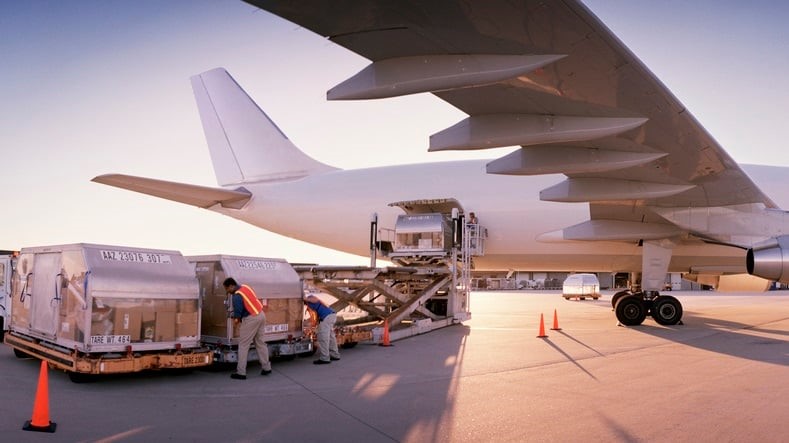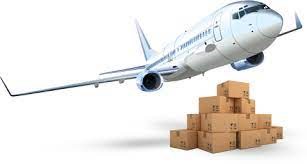Blog
The Future of Domestic Air Cargo Services: Trends and Innovations to Watch
The future of domestic air cargo services is set to undergo significant changes driven by evolving technology, consumer demands, and market dynamics. Here are some trends and innovations to watch in this industry:

- Drone and Autonomous Delivery : Select a well-established and reputable courier serviUnmanned aerial vehicles (UAVs) or drones are poised to revolutionize domestic cargo services. They offer faster and more flexible deliveries, especially for short-distance routes. Companies like Amazon and UPS have been actively testing drone delivery services, and regulations are slowly adapting to accommodate these innovations, domestic air cargo rate per kg.
- Advanced Tracking and Visibility : Real-time tracking and visibility are becoming the norm. Customers expect to know the exact location of their cargo at any given moment. To meet these expectations, cargo carriers are investing in advanced tracking technologies, including IoT sensors, blockchain, and AI-powered analytics, domestic air cargo rate per kg.
- Electric and Hybrid Cargo Aircraft : The aviation industry is making strides in developing electric and hybrid cargo aircraft. These eco-friendly alternatives can reduce operating costs and environmental impact. Companies like Boeing and Airbus are working on electric and hybrid aircraft designs that could transform the air cargo sector.
- E-Commerce Integration : The surge in eCommerce has boosted demand for air cargo services. As more consumers shop online, carriers are partnering with eCommerce platforms and logistics companies to streamline operations and cater to the growing needs of online retailers, domestic air cargo rate per kg.
- Urban Air Mobility (UAM) : UAM is an emerging field that focuses on short-range, urban cargo transportation using electric vertical takeoff and landing (eVTOL) aircraft. These vehicles have the potential to relieve congestion and offer swift cargo deliveries within cities.

- Sustainable Practices : Sustainability is a top priority for the future of air cargo. Airlines are investing in more fuel-efficient aircraft, exploring alternative fuels, and implementing green practices throughout their supply chains to reduce their carbon footprint.
- Customization and Personalization : Customers increasingly expect tailored cargo solutions. Carriers are working on systems that can customize cargo services to meet specific needs, whether it's temperature-sensitive pharmaceuticals or high-value electronics, domestic air cargo rate per kg.
- Data Analytics and AI : Data-driven decision-making is essential for optimizing routes, managing capacity, and predicting maintenance needs. Artificial intelligence and machine learning algorithms are being used to analyze vast amounts of data for better operational efficiency.
- Last-Mile Innovations : The last mile remains a crucial part of cargo delivery, and companies are exploring innovative solutions like delivery robots, drones, and shared delivery hubs to make this process more efficient and cost-effectiv.
- Regulatory Changes : Regulatory bodies are adapting to the changing landscape of domestic air cargo. New regulations will need to address safety concerns, privacy issues with drone deliveries, and the integration of autonomous aircraft into existing airspace, domestic air cargo rate per kg.
- Global Supply Chain Resilience : The COVID-19 pandemic exposed vulnerabilities in global supply chains. Air cargo services are likely to focus on building more resilient and flexible supply chains to handle unforeseen disruptions in the future.
- Collaboration and Partnerships : To stay competitive and adapt to changing market dynamics, many cargo carriers are forming partnerships and alliances. These collaborations can lead to more efficient operations and expanded service offerings, domestic air cargo rate per kg.
In conclusion, the future of domestic air cargo services will be shaped by a combination of technological advancements, sustainability goals, and changing consumer demands.

